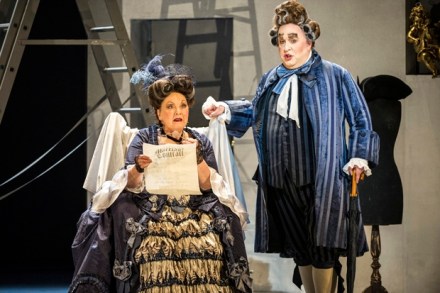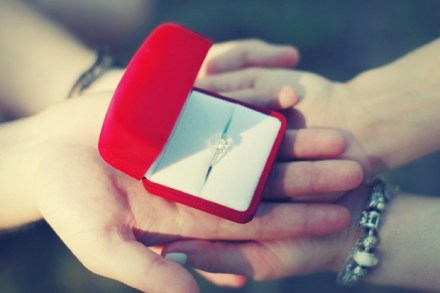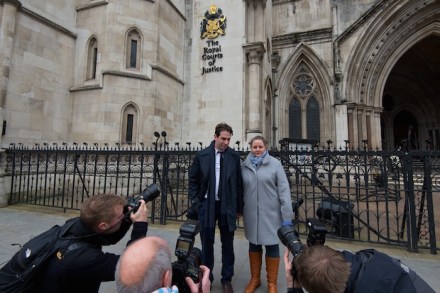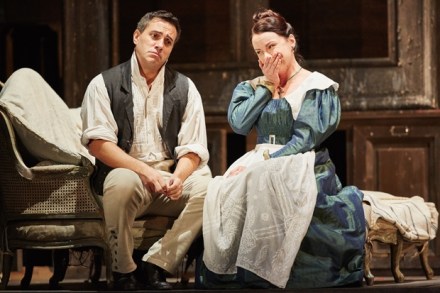Your problems solved | 22 June 2016
Q. A friend’s daughter is marrying soon. She and her husband-to-be, both art-lovers, have dispensed with a wedding list, instead asking that each of the 200 guests give something they have made. My husband and I are loath to add to the mountain of garbage the young couple will feel honour-bound to find roomspace for. Would it be kinder to come empty-handed? — M.D., Wiltshire A. The request may be less naive than you think. It would be well worth storing 198 pieces of grot if, for example, David Hockney and Bridget Riley were to be among the guests and delivering something handmade. Meanwhile you could compromise by knocking up


















